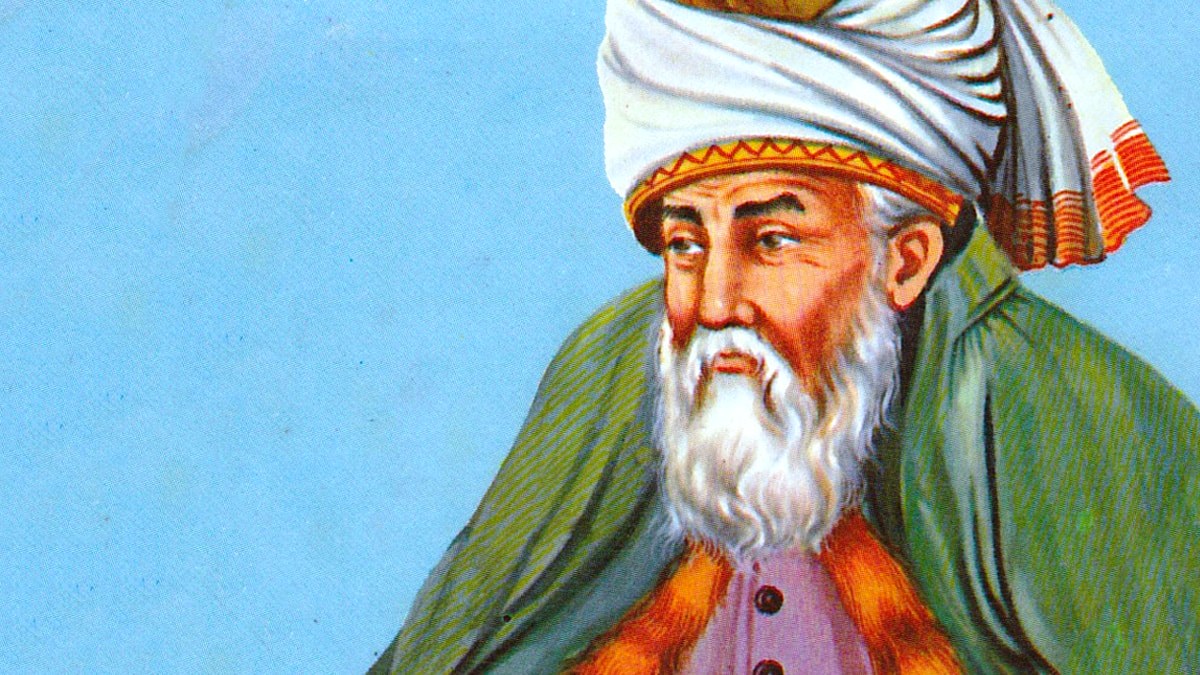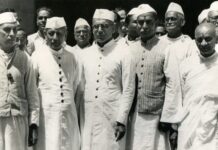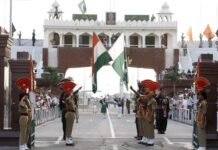by Sara Wani
Long ago a non-descript man used to visit a library I frequented, not in pursuit of knowledge but to visit his part-time calligrapher colleague. So I know Maqbool Sahil, the calligrapher. I never even thought that he would make a journalist and a writer at that. And reading him in Chattan surprised me. Later the news of his arrest and alleged cross-border links baffled me. His run of the mill kind of persona hardly gave such an impression but as they say, appearances are often deceptive. Sahil visited Pakistan, was in good terms with security agencies and separatists, got arrested, interrogated and imprisoned.
His book Shabistan-e-Wajood inspired by Iftikhar Gilani’s My Days In Prison and written in bland prose sketches the vortex a Kashmiri has fallen in. The treatment meted out to a Kashmiri at every point – the flimsy grounds of detention, release and re-arrest which is a norm in every oppressive set up.
Over the last two decades, thousands of men were arrested and jailed. Almost every jail was crowded to the extent that some of the detained are being regularly shifted outside J&K. There have been occasional reports by civil liberty activists and lawyers about the condition of inmates. But Sahil’s book is the first insider’s account, at least about the jail systems in J&K. The author has detailed the pain of being jailed and how jailers create their own laws to keep their bosses happy. He has identified scores of his jail mates to tell their stories. He narrates the stories of those who have lost mental balance. At a few stages, the account is shocking, chilling and revealing too. A bit of black humour does exist throughout. Details about Jammu’s Amphalla prison offers readers a horror take on solitary confinements.
The system, according to the author is ruthless and inhuman. He mentions instances of Kashmiri Pandits being unleashed at every Kashmir prisoner while on way to Kot Balwal prison. He talks of the same groupism in jails on ideological grounds as exists outside. He has rightly pointed out that almost all social and political movements have fallen to groupism and behavioural problems of leaders. Right from 1931 Kashmir leaders pulled rugs from under each other’s feet. No one was ready to accommodate the dissent. Details of attempted jailbreak at Kot Balwal and an eyewitness account of 2006 jail riot also adorn the pages of his book. Interestingly the author claims to have been victimized on that count as well.
Accounting his sojourn in Pakistan, author decries the situation which is aiming agents out of every Kashmiri who matters. The book vividly portrays the predicament of a writer covering Kashmir who in order to keep the threesome – separatist, militants and security agencies – happy ends up in prison. For a professional, it is hard to please all. The internecine war of the 1990s between JKLF and Hizb-ul-Mujahideen, which deflated the whole resistance movement, created not only chaos but disillusionment among masses. In recent past, people had idolized militants as Mujahideen. The incident left Kashmiris directionless and leaderless with every leader having his own agenda. This disillusionment and lack of leadership have made Kashmir politically unpredictable. One day they are crying their throats hoarse with slogans of freedom and next day they jostle together to cast their ballots.















